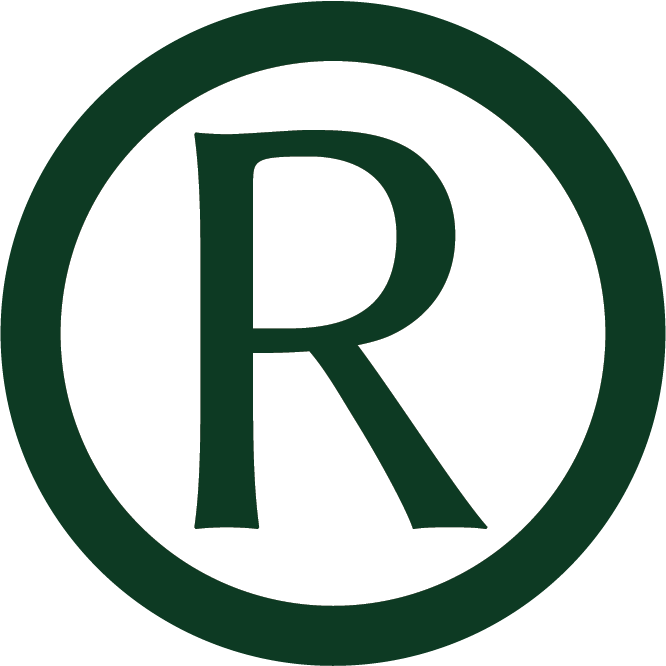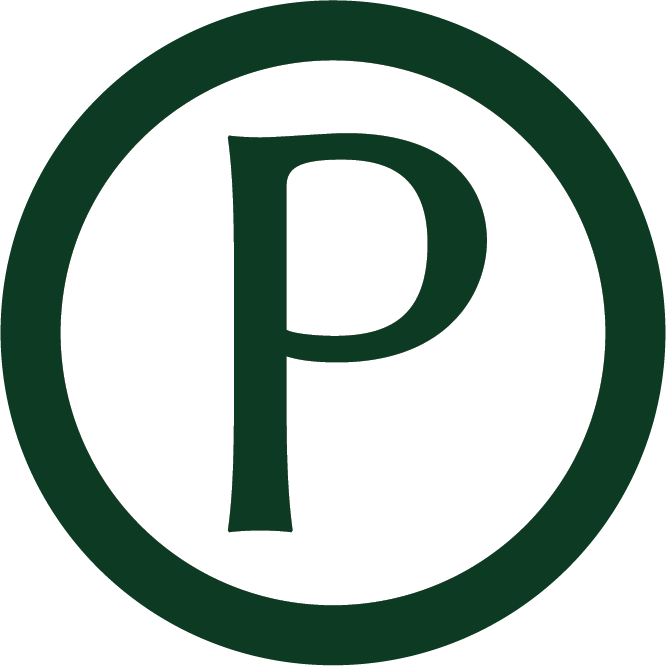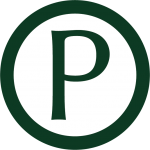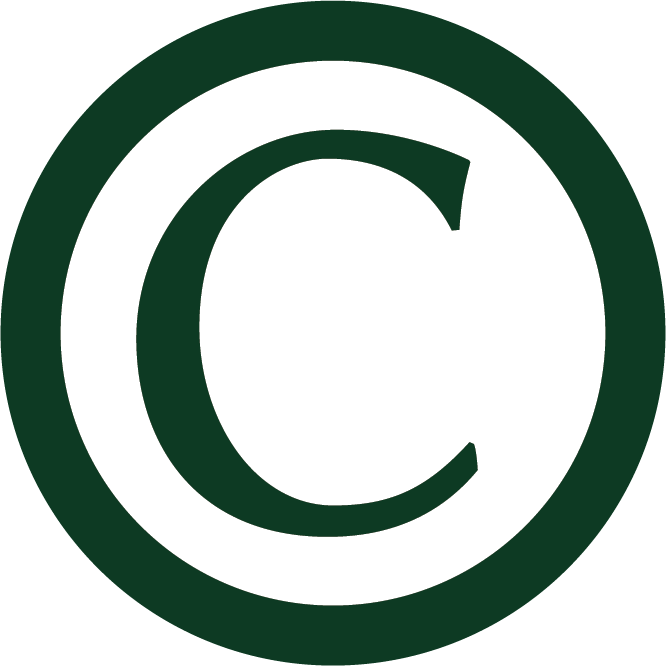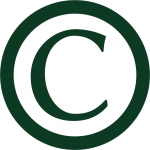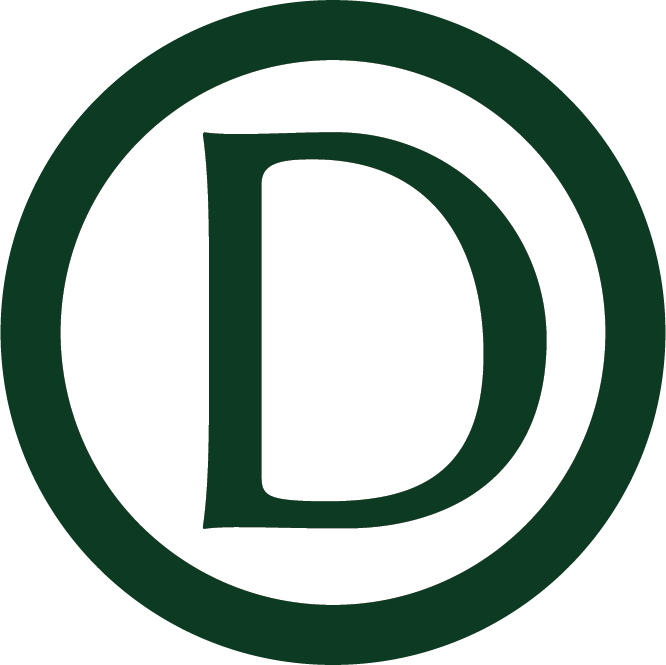The Ackermann Law Firm brings experience, judgment and a Texas touch to protecting your rights.
We can answer your questions about trademarks, patents and copyrights and – most importantly – work with you to protect your business.
Why do I care about a trademark?
Your brand helps define your business and tells your customers who you are. Is another company misusing your brand? Tim Ackermann can help you understand what you can do to protect it.
How do you get a trademark registration?
Once an “application” to register the trademark with the USPTO is filed, the USPTO will search, reviews & may approve the trademark application. Once approved, the trademark is typically published and then placed on a searchable “register” once finally approved. Tim Ackermann can help lead you through this process.
I already have a domain name; isn’t that like a trademark?
Domain names are registered by other agencies, not the USPTO. Domain name registrations do not stop anyone from using a similar name. And a domain name registrar can (and will) register the same word for .com / .org / .net addresses to different owners.
Got a great invention? Now what?
Your idea could be valuable. But do you know what to do once you have it? Patents can give you exclusive rights. A trade secret might be easier and cheaper to manage. You might need confidentiality agreements. A registered patent attorney, Tim Ackermann can explain the risks and benefits and how these will help your business.
Can I just wait until I know if my idea is worth more?
Waiting can mean that another company might get first in line by filing first. Another risk is that someone else’s earlier product or article becomes public, keeping your patent from issuing. One option is filing a “provisional” patent application, but this still takes some time.
Are all patents the same?
There are three types of patents, which protect different things. A “utility patent” protects a process, method, machine, manufactured item, or composition of matter. A “design patent” protects an ornamental design for a manufactured item – but not how it works. And a “plant patent” protects varieties of plants.
What is a copyright?
The US Copyright laws gives copyright rights to an author (or whoever an author might have sold those rights). The rights protect the creative parts of “original works of authorship” and begin whenever the “work” is created in a fixed form – no application needed. Copyrights can last many, many years.
Does copyright apply to things on the internet?
Yes – companies can still claim something was wrongfully copied on the internet. For instance, copyright owners can use “takedown notices” to shut down websites with infringing material.
What good does a copyright do me?
Copyright rights limits the rights of others to copy or distribute your work, or to make works based on it (derivative works). A registration is also a recognized asset of a company.
Someone take your website or domain name?
If someone hijacked your website domain name, you may need a UDRP (or “domain name proceeding”). Trademark law principles are likely to apply, so you want a lawyer that’s already been there and knows about trademarks.
Someone accuse you of taking their website domain?
If you have been accused of using a website domain someone else claims to own, then you may be in what’s called a UDRP (or “domain name proceeding”). Trademark law principles are likely to apply, so you want a lawyer that’s already been there and knows about trademarks.
Get an email about a UDRP (“domain name proceeding”)?
Domain name proceedings are similar to small lawsuits. They are usually based are this policy, which applies to most domains. That means you can fight back, and you’ll want help. You’ll want a lawyer that’s already been there and knows about trademarks.

